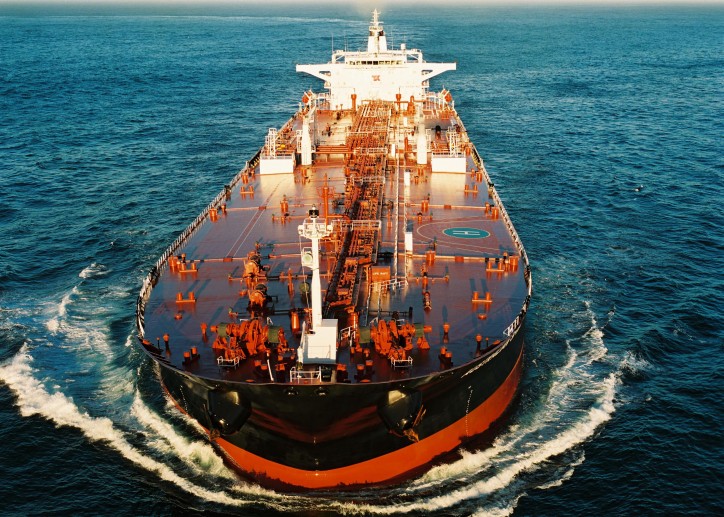New requirements for onboard stability instruments applicable to all tankers will be effective from 1st January 2016.
MARPOL Annex I Ch.4, the IBC/BCH Code and the IGC/GC Code have all been amended, requiring tankers to be fitted with a stability instrument capable of handling both intact and damage stability.

The new requirement is retroactive and applies to both new and existing ships as follows:
- Ships constructed on or after 1st January 2016– at delivery;
- Ships constructed before 1 January 2016 – at the first renewal survey on or after 1st January 2016(1), but no later than 1st January 2021. Ships carrying onboard stability instruments already approved and certified by a recognized organization, and capable of verifying both intact and damage stability to a standard acceptable to the administration, may continue to use such an instrument;
For Port state Control purposes, a Document of Approval (issued by the respective flag Administration, or a recognized organization acting on its behalf, is required for confirmation of compliance.
It should be noted that the stability instrument is not a substitute for the approved stability documentation, but serves as a supplement to facilitate stability calculations. Revised IOPP-B certificates for oil tankers and IBC/BCH and IGC/GC certificates of fitness for chemical tankers and gas carriers reflecting the new requirements will be issued from 1st January 2016. For existing ships, the old certificate does not need to be reissued until the first renewal survey on or after 1st January 2016(1) when the new requirement becomes applicable and compliance is verified.
The following options for waiving the requirement by the flag administration have been given:
- Ships which are on a dedicated service, with a limited number of permutations of loading such that all anticipated conditions have been approved in the stability documentation provided on board;
- Ships where stability verification is made remotely by a means approved by the administration;
- Ships which are loaded within an approved range of loading conditions;
- Ships constructed before 1 January 2016 provided with approved limiting KG/GM curves covering all applicable intact and damage stability requirements;
DNV GL will issue a RR (Retro-active Requirement) to all affected vessels, formally informing managers of the new upcoming requirement. It is however still the responsibility of each manager to ensure that his vessels are compliant within the due date by presenting the Document of Approval or, alternatively, the relevant waiver obtained from the respective flag Administration.
Source: dnvgl.com